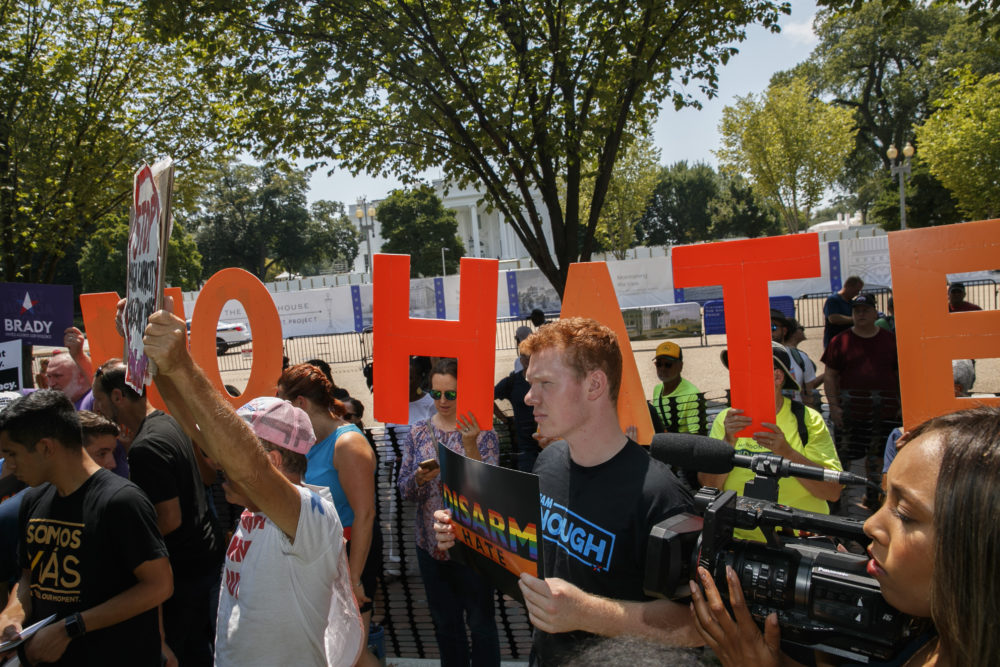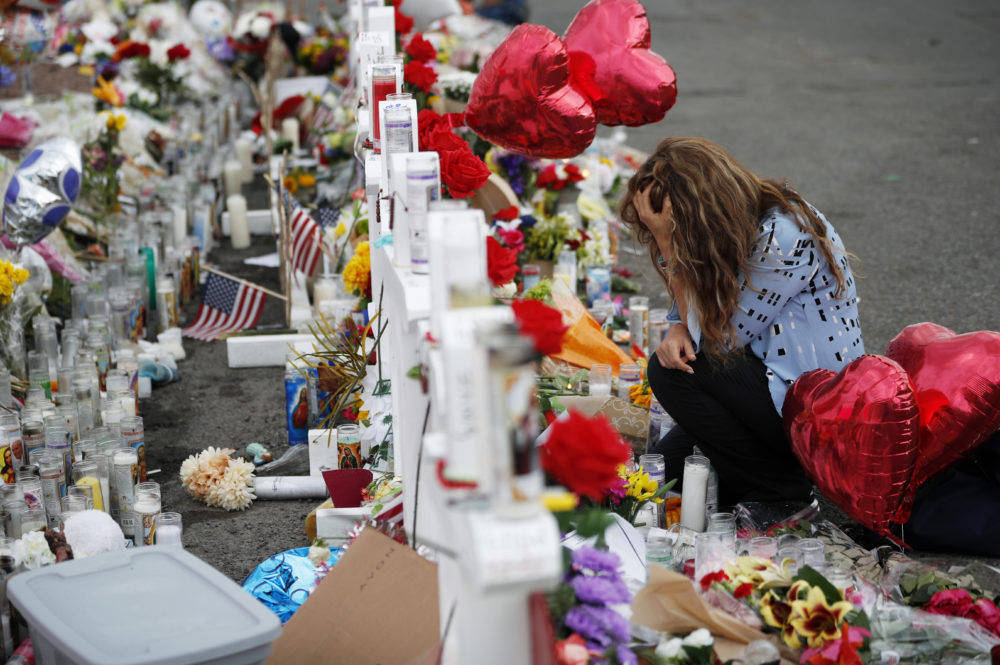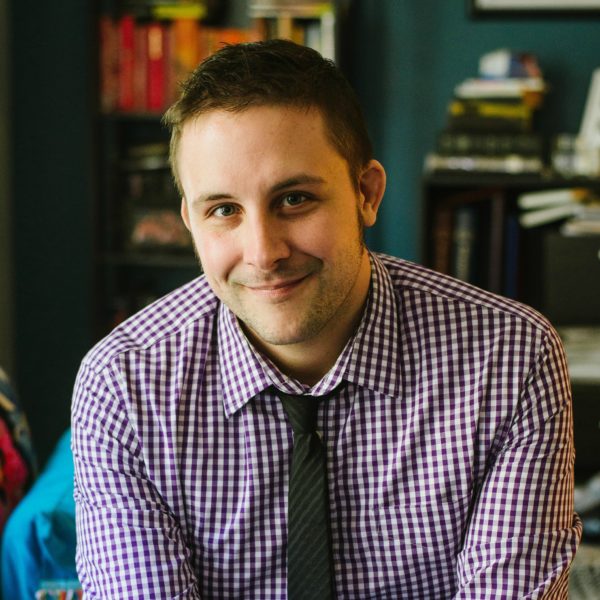Advertisement
Commentary
Terror Is Not A Mental Disorder

Once again, America is faced with an unfathomable act of gun violence — and once again, like clockwork, the pundits and politicians are eager to blame the problem on “the mentally ill.”
“Mental illness and hatred pull the trigger. Not the gun,” Trump said this week.
This is factually and ethically wrong. I know this because of the plethora of available statistics on the issue, and because I have ADHD — a mental disorder— and a gun license in Massachusetts, which has some of the most restrictive gun laws in the country.
“The Mentally Ill” — aka, people with actual, diagnosable disorders of the brain — make up about 20% of the population. But they’re responsible for less than 5% of gun-related killings, which means they’re actually less violent than the average neurotypical (aka “normal”) person. In fact, they’re more likely to be victims than perpetrators of gun violence in the United States.
Vaguely-defined “mental health” deflections ... make things worse for those who are actually struggling with the natural biological functions of their brains.
People with ADHD, depression, obsessive compulsive disorder (OCD), autism, or even borderline personality disorder are capable of having fulfilling lives and acting rationally as functional members of society. None of these conditions have an impact on one’s ability to handle a gun responsibly. And none of them make somebody any more likely to do something as audacious as slaughtering people en masse, as we’ve just witnessed in El Paso and Dayton.
Regardless of our political persuasions, we want to separate ourselves from these monstrous acts. We want to find a reason to say “I’m not like those people.” It’s easy to blame that distinction on the brain — to dismiss these horrors as some kind of cognitive aberration. But racism and terrorism are not predicated on mental illness. As Hannah Arendt famously observed during the war crimes trial of Adolf Eichmann, normal people are fully capable of doing terrible things.
To be clear: Taking the life of another human being is anti-social behavior, and it’s absolutely abhorrent. But you don’t need a diagnosable, genetically-based chemical imbalance in your brain to do it. In fact, there’s comprehensive academic research to disprove this link.

More often than not, violence is a byproduct of anger — not mental illness. Blaming the behavior of mass murderers on mental illness sends a message, inadvertently or not, that those of us with mental disorders are evil. While it’s true that some mass shooters suffered from mental disorders, the overwhelming majority of perpetrators in the 2,000-plus mass shootings since Sandy Hook, in 2012, have not. A 2018 study published by the FBI found that 62% of shooters were suffering from some form of mental stress (such as the aforementioned anger issues), but that only 25% had ever been diagnosed with a mental disorder. This might raise an eyebrow, until you consider that mass shootings comprise less than 1% of all gun deaths in America.
The rhetoric associating mental health with violent impulses also discourages people from seeking the medical help they need. It strengthens existing stigmas around mental health, and makes people feel ashamed of the cognitive disabilities that they were born with. Studies show that only about 20% of adults with mental disorders actively seek treatment each year, while 40% go without treatment entirely.
That being said: there are two instances where mental health does play a clear role in gun violence.
According to the American Foundation for Suicide Prevention, nearly two-thirds of all gun deaths are suicides, and almost half of all suicides are gun deaths. The majority of those victims are men, often with military backgrounds, and mostly over the age of 45.
More often than not, violence is a byproduct of anger — not mental illness.
Most suicide attempts are impulsive, and 70% of people who survive one attempt won’t try again — but only about 10% of people survive a suicide attempt by gun. If we wanted to reduce gun deaths in America, this would be a place to start (and increased, mandatory wait list times to purchase a gun would help).
The second area yesterday where mental health comes to play in gun deaths is gang-related violence, particularly in impoverished inner cities.
Donald Trump and his ilk fearmonger about Chicago and Baltimore, with racially-charged language about rat-infested dens of drugs and violence. What they don't talk about is the stress of poverty, and how a desire to escape its grasp, can fuel the gangs that offer an illusion of security and safe harbor. Even schools in some of these communities treat young people like criminals, feeding the school-to-prison pipeline. (There is a similar dynamic among people who seek a sense of solace and power in by joining groups like ISIS.) All of this compounds together, causing complex PTSD that tends to go undiagnosed, which, in turn, contributes to violence. But so few politicians and pundits talk about access to mental health services in our inner cities; instead, they level thinly veiled racist attacks by blaming inner city "culture." The diagnosis of "mental illness" is reserved for white men.
Gun violence is a complicated problem. (I’d actually argue that it’s five different problems, with five different solutions.) But vaguely-defined “mental health” deflections don’t actually help anything — and in fact, make things worse for those who are actually struggling with the natural biological functions of their brains.
